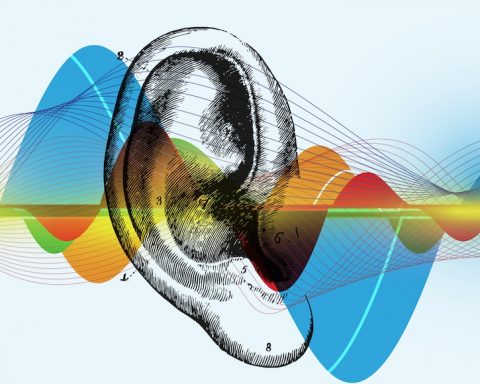Based on a proposal by the World Health Organisation (WHO), the United Nations have endorsed 2021-2030 as the Decade of Healthy Aging with the vision that by 2031 we will have a world in which everyone can live a long and healthy life, the goal being to improve the lives of older people, their families and their communities.
We all aspire to age healthily and the good news is that it is never too late to start implementing healthy aging strategies into your life, the bad news however is that there is no Fountain of Youth from which we can drink, but there are small things we can do to start developing healthy aging habits and there is no better time to do so than in the Healthy Aging Month of September.
There are several factors that contribute to successful aging and these include being aware of our physical and mental health, our diet and our social skills.
Tips To Make the Most of Healthy Aging Month
We’ve all heard the old adage ‘healthy mind, healthy body’, but it also works in reverse – keeping an active body is crucial if you want an active mind.
Get Moving
As we get older, regular physical activity is one of the most important things we can do for our health, helping to prevent or delay many of the health problems that seem to come with age. Exercise gets your heart rate up, improves your balance, strength and overall mobility. It also helps your muscles grow stronger so you can keep doing your day-to-day activities without becoming dependent on others.
Exercise can be as simple as walking just ten or fifteen minutes, three to four times a week, increasing as you go. Older adults should move more and sit less throughout the day and keep in mind that some physical activity is better than none. Start your day with a morning stretch. Daily stretching has been shown to increase flexibility and blood flow to the muscles; it also reduces stress, among other benefits.
Maintain a Healthy Diet
Healthy eating is a big part of aging healthily. For older adults, prioritising mealtimes and finding ways to make them enjoyable is a good start. Try to avoid excessive processed foods and eat a variety of fresh fruits and vegetables. As we grow older, our metabolism decreases and we require less energy, but our nutrient needs don’t change much, and in some cases they can even be higher. Make your food choices count by opting for mostly lean and low fat food, and cut back on food high in added sugar.
Stay Social
Loneliness is all too common among older adults and often a sedentary lifestyle devoid of interaction with friends and family can lead to health issues and isolation which can bring on depression.
Staying connected with others can boost your mental and emotional health which in turn can reduce stress and lower the risk of depression. It can also reduce the risk of dementia and even improve cognitive function of the brain. Finding engaging ways to spend time with others allows you to build a support system and these relationships will then provide a sense of purpose to your days. Don’t be afraid to make new friends, but don’t forget to make an effort to see your old friends too.
Keep your Mind Active
Memory loss is affecting more people as the population ages and people live longer. Keeping your brain healthy and your mind active may help to prevent or delay dementia such as Alzheimer’s. Try reading the newspaper, or tablet, every morning – maybe while you eat that healthy breakfast. Brain games that stimulate the mind can cut the risk of developing dementia or memory loss in half. Try puzzles, crosswords, Sudoku, card or board games, or playing an instrument. Maybe learn something new, take up a hobby or volunteer to help out with a local charity. Join a book club and not only will you benefit from the social interaction, but reading and discussing books can build neural connections that promote brain health.
Get Regular Check-Ups
We all worry about our health as we get older, but some of us bury our heads in the sand and ignore symptoms. Don’t wait for them to go away, but instead take a trip to the doctor and get them checked out. Regular health checks can identify any early signs of health issues, and that includes going to the dentist and optician.
Mindfulness
Managing stress may be a key factor for the aging heart. When we’re overwhelmed, we release stress hormones such as cortisol and adrenaline, which spike blood pressure and increase our heart rate. A regular mindfulness practice such as meditation or yoga has been shown to release us from this fight-or-flight state, improve blood flow and reduce the risk of heart attack and stroke.
Mindfulness can be practiced anywhere. Have you ever paid attention to your breathing? Breathing is an involuntary action, so we take it for granted most of the time. Practicing mindful breathing will help to clear your mind and focus on the natural flow of your body. Another mindfulness technique is to try tuning in to what is happening in the present moment, including sights, sounds, smells, or physical sensations you might usually ignore.
Positive Outlook
A positive outlook and proactive approach is one of the best ways to encourage healthy aging. Focus on the positive things in your life, address issues properly and you will find that you will be happier in your life.
Your mental health plays a very important part in healthy aging and surrounding yourself with people who make you smile and laugh makes healthy aging even easier.
Your older years can be some of the best years of your life if you remember that age is only a number and that everybody is different – you just need to find what works best for you.
* you know how Americans like to spell things…







